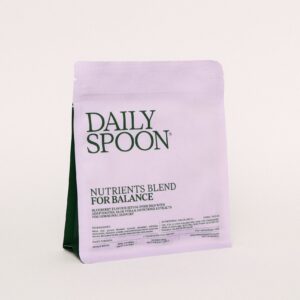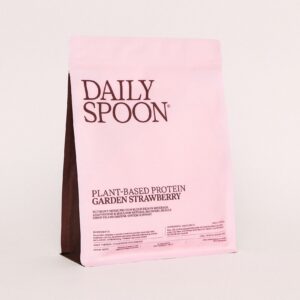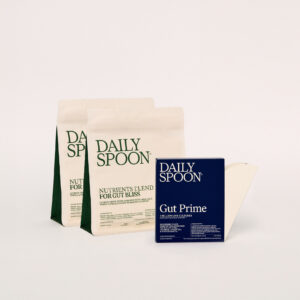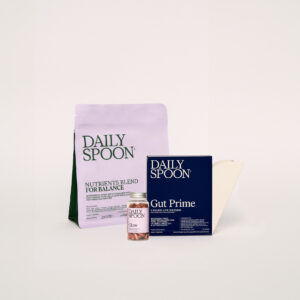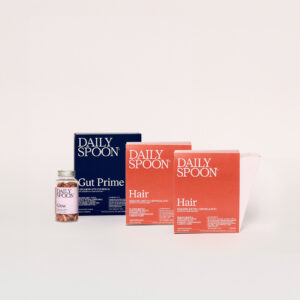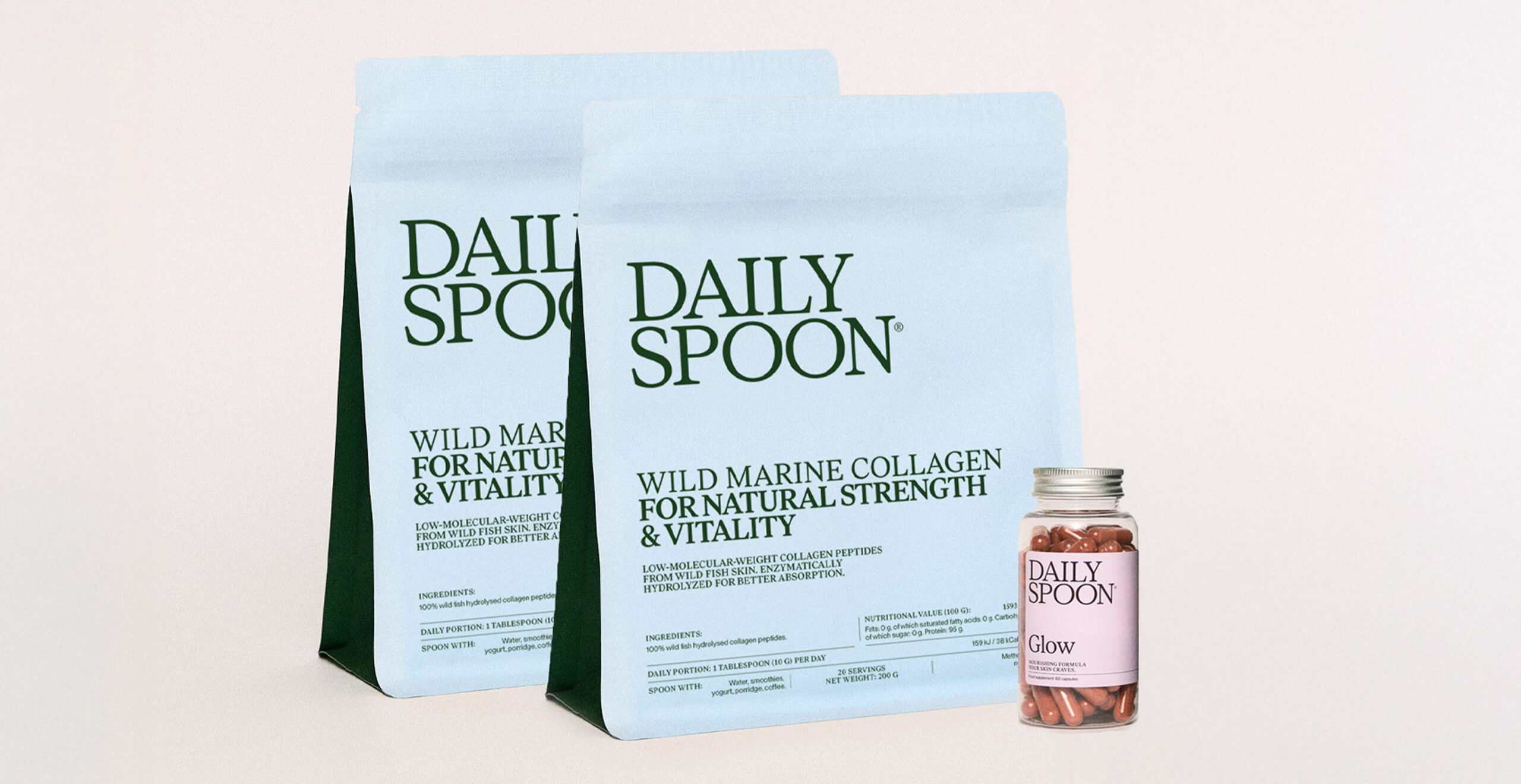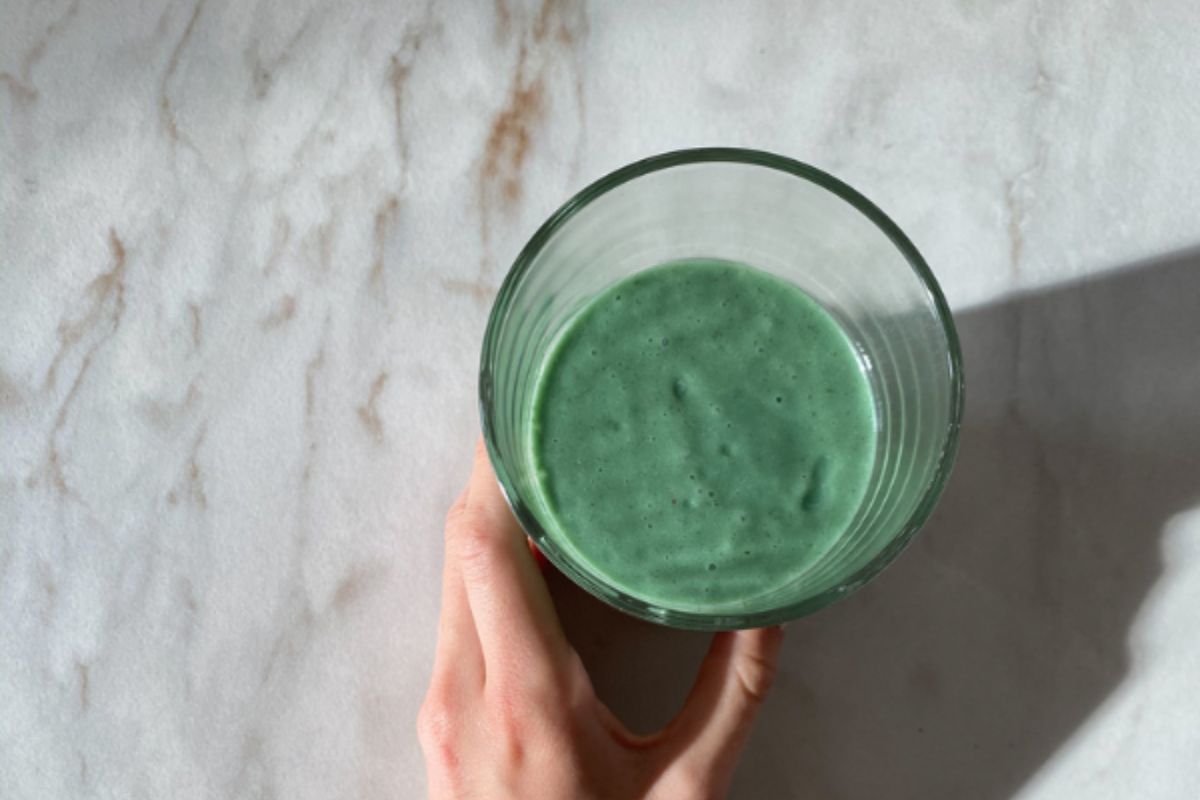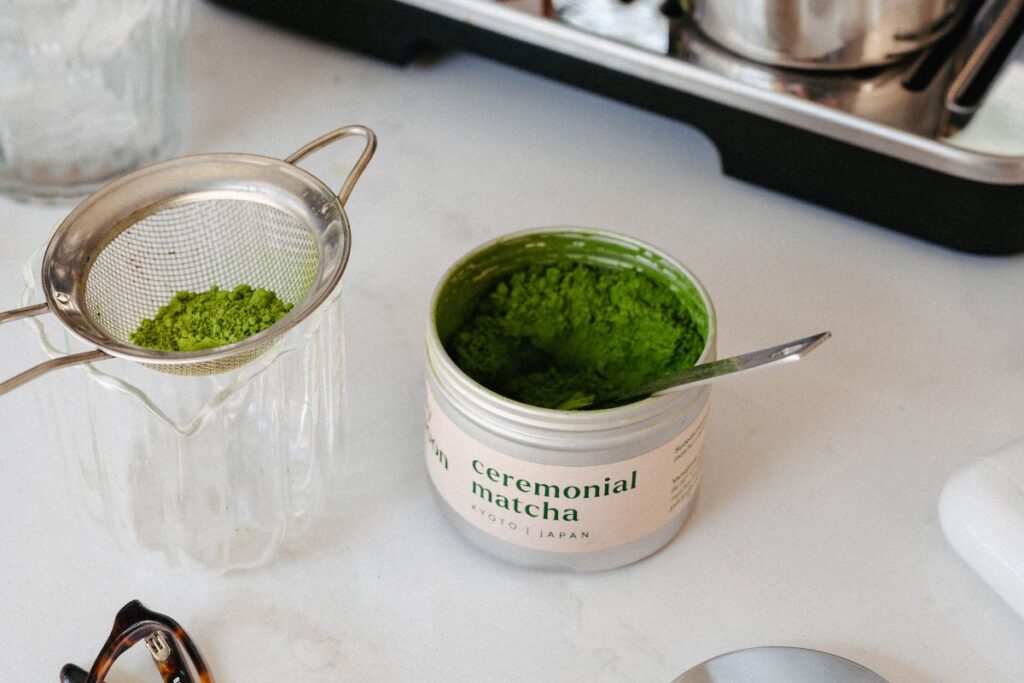Superfood refers to foods that are rich in certain key nutrients essential for maintaining and supporting the body’s proper functioning. Superfoods help strengthen the immune system because they are packed with vitamins that protect your body from colds, flu, sinus infections, and more. They also positively affect blood pressure and cholesterol levels.
A balanced diet has a significant impact on your skin, and superfoods contribute by promoting a healthy glow from within. Due to their alkaline properties, they reduce redness and swelling and help protect the skin from premature aging.
Superfoods provide more energy, increase alertness and concentration, and reduce cravings—especially for sweets—which helps control calorie intake and supports achieving your desired weight goals. In summary, superfoods have special qualities that nourish your body with essential nutrients and help prevent various diseases and illnesses.
One such superfood, known for its beneficial properties, is blue-green algae, or spirulina. Let’s talk about the benefits of spirulina.
Spirulina – What is it?
Spirulina is a type of algae that grows in both freshwater and saltwater. It was once classified in the plant kingdom because it contains plant pigments and can perform photosynthesis. However, over time, due to new understanding of its genetics, physiology, and biochemical properties, scientists reclassified it into the bacterial kingdom. Today, it belongs to the cyanobacteria group – a family of single-celled microbes often called blue-green algae or simply spirulina. Like plants, cyanobacteria can produce energy from sunlight through a process called photosynthesis.
Spirulina was used by the ancient Aztecs — an ethnic group living in central Mexico known for their rich mythology and cultural heritage. The Aztecs used blue-green algae to treat various illnesses, and legends say that royal messengers consumed the algae to support their marathon runners as a stamina-enhancing aid. Today, spirulina is considered a superfood — a versatile source of nutrients. Modern scientific research confirms many of the claimed benefits of spirulina and continues to explore its potential in treating health conditions.
Healing Properties of Spirulina
Oxidative stress and impaired immunity cause many diseases, including atherosclerosis, cardiac hypertrophy, heart failure, and hypertension. Therefore, the antioxidant, immunomodulatory, and anti-inflammatory activities of these blue-green algae can be important for human health. Antioxidants are a group of compounds that effectively fight free radicals. They donate electrons to free radicals, neutralizing them and protecting other cells from potential damage. Spirulina is beneficial because it is an excellent source of antioxidants that can protect against oxidative stress, during which free radicals attack cells and often cause irreversible changes. These changes promote chronic inflammation, which contributes to the development of cancer and other diseases.
Many antioxidants found in blue-green algae have anti-inflammatory effects on the body. The main active component of these algae is called phycocyanin. It has impressive antioxidant and anti-inflammatory properties, allowing it to combat free radicals and inhibit the production of signaling molecules that cause inflammation. Phycocyanin is also the pigment that gives spirulina its distinctive blue-green color. It is important to note that there is a certain threshold beyond which spirulina’s antioxidant activity decreases. Clinical studies show that spirulina protects skeletal muscles from damage caused by oxidative stress during physical exertion.
Several forms of anemia are known, with the most common characterized by a decrease in hemoglobin or red blood cells in the blood. The combination of iron, B vitamins, and other antioxidants found in blue-green algae has proven very effective in combating the side effects of anemia. Anemia frequently affects older adults, who often experience prolonged weakness and fatigue. In a study involving 40 elderly people with anemia, spirulina supplements increased hemoglobin levels in red blood cells and improved immune function.
In other studies, due to its high nutritional value, scientists researching malnutrition have shown interest in the benefits of blue-green algae. One such study, published in 2016 in the journal Maternal and Pediatric Nutrition, involved 87 malnourished and anemic children under the age of 5 from the Gaza Strip. For three months, half of the children received vitamin and mineral supplements, while the other half received the aforementioned blue-green algae supplements. The children who received spirulina showed significantly greater improvements in weight and height gain, as well as ferritin, iron, and hemoglobin levels compared to those who received regular vitamin and mineral supplements.
Benefits for the Gut
It has been observed that our gut microbiota is crucial not only for normal digestive function, regular bowel movements, and healthy skin, but it can also positively influence the immune system — helping to fight infections and contributing to the production of immune cells. It works alongside immune cells to reduce the risk of various diseases. If you feel a cold coming on or if everyone around you is sick, adding some blue-green algae to your diet can provide your immune cells with an extra layer of protection. Studies show that spirulina positively affects the growth and diversity of beneficial gut bacteria, meaning it promotes a healthier bacterial balance in the gut.
But the benefits of spirulina don’t stop there. It is important to mention that spirulina also positively influences many risk factors for heart disease. According to research published in the journal Annals of Nutrition and Metabolism, spirulina shows promise in regulating elevated cholesterol levels — it can reduce total cholesterol while increasing good HDL cholesterol. This helps keep arteries clear, reduces the strain on the heart, and lowers the risk of blood clots that can cause heart disease and stroke.
It’s also worth noting that blue-green algae are an excellent source of phytonutrients — plant compounds believed to offer protective health benefits. Specifically, they are rich in a group of phytonutrients called carotenoids. Research from Harvard University indicates that carotenoids support eye health and the immune system. Two of the most common carotenoids — lutein and zeaxanthin — are found in the retina and may reduce the risk of macular degeneration by up to 43%.
Interestingly, despite being nutrient-dense, spirulina contains only about 20 calories per tablespoon. It also contains the amino acid L-phenylalanine, which is associated with appetite suppression, making it a great product to help support healthy weight management.
Source of Vitamins
Spirulina is rich in B vitamins — they regulate our metabolism as well as nervous system function. B vitamins promote the release of energy from the nutrients we consume. Besides B vitamins and iron, these blue-green algae are also abundant in many other vitamins (A, C, D, E) and minerals:
- Potassium, which supports fluid balance and muscle function;
- Copper, which helps absorb iron and process energy-producing compounds;
- Magnesium, essential for vital energy and nervous system function;
- Phosphorus, needed for healthy bones and teeth;
- Zinc, necessary for growth, reproductive health, enzyme activity, and immune function.
It is well known that blue-green algae help combat inflammation-related reactions, such as seasonal allergies, by blocking histamines. Spirulina is a popular and effective alternative for treating allergic rhinitis (hay fever), characterized by inflammation of the nasal passages caused by environmental allergens like pollen, animal hair, or even wheat dust. A small study conducted at Eskisehir Osmangazi University in Turkey found that compared to participants given a placebo, those who took spirulina experienced greater relief from sneezing, nasal congestion, runny nose, and itching.
Including blue-green algae in your diet may also support mental health — potentially playing an important role in treating mood disorders. Spirulina contains tryptophan, an amino acid that increases serotonin levels in the brain. This may make it a useful supplement for preventing and managing certain mental health conditions, such as depression, eating disorders, anxiety disorders, and more.
The benefits of spirulina are linked to many health-promoting nutrients, ranging from heart health and blood pressure regulation to weight management and mental well-being. However, it is not a magic pill. Can it really provide all these benefits? Definitely. But it’s important to emphasize that on your journey toward health and wellness, this product is only a supplementary aid. To achieve the best results, it’s crucial to consider all factors affecting our body’s health, such as diet, external care, and stress.





